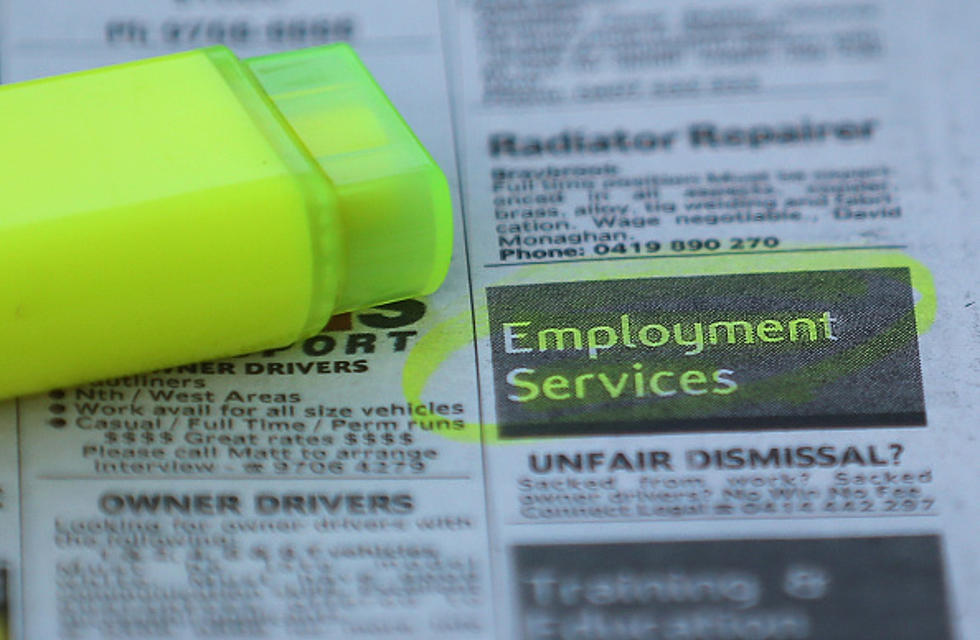
Job Growth Still Lags In Illinois
Despite a drop in the unemployment rate in April to 7.9 percent, Illinois remains worst in the Midwest and third-worst nationally for joblessness. That's according to the Bureau of Labor Statistics. The Illinois Policy Institute took a deeper look at the numbers:
Illinois’ private-sector jobs loss came against a gain of 1,000 government jobs, leaving the state with a net loss of 6,800 payroll positions. That loss puts Illinois dead last nationally for month-over-month change in nonfarm payroll jobs.
With another monthly payroll setback, Illinois continues to rank last in the Midwest for recovering payroll jobs since the Great Recession began. Nonfarm payrolls are now 3.1 percent lower than at the start of the recession. Michigan is second-worst, with payrolls 2.8 percent lower than at the start of the recession
Other parts of the country are experiencing some much better numbers. Texas, for example, led the nation with a monthly gain of 64,100 payroll jobs. As IPI points out, that's more than Illinois has produced in the last 20 months combined:
Texas also has a net gain of 348,000 jobs in the last year, which is nearly equal to what Illinois has gained in the last 20 years combined.
Ouch.
What's causing our problems? A previous analysis by Illinois Policy points a long finger at the historic 2011 tax hike as slowing post-recession job recovery.
A far more detailed report by William Testa, vice president and director of regional research at the Federal Reserve Bank of Chicago, reaches a similar conclusion:
Measurements of the state’s unemployment rate show Illinois in the least favorable light. In contrast, other labor market indicators, such as payroll employment growth, suggest that the state’s underperformance is much more mild. Nonetheless, even payroll employment trends suggest that Illinois is underperforming when examined on an industry-by-industry basis. Accordingly, recent changes in public policies that influence the investment climate, such as tax rate hikes, cannot be ruled out entirely,though such policy effects are unlikely to be exerting such a large and immediate effect.
Testa also points top "the state’s particular mix of industries" as a reason for our troubles, specifically the state’s high concentration in construction and mining machinery and its lower concentration in automotive.
More From WROK 1440 AM / 96.1 FM









